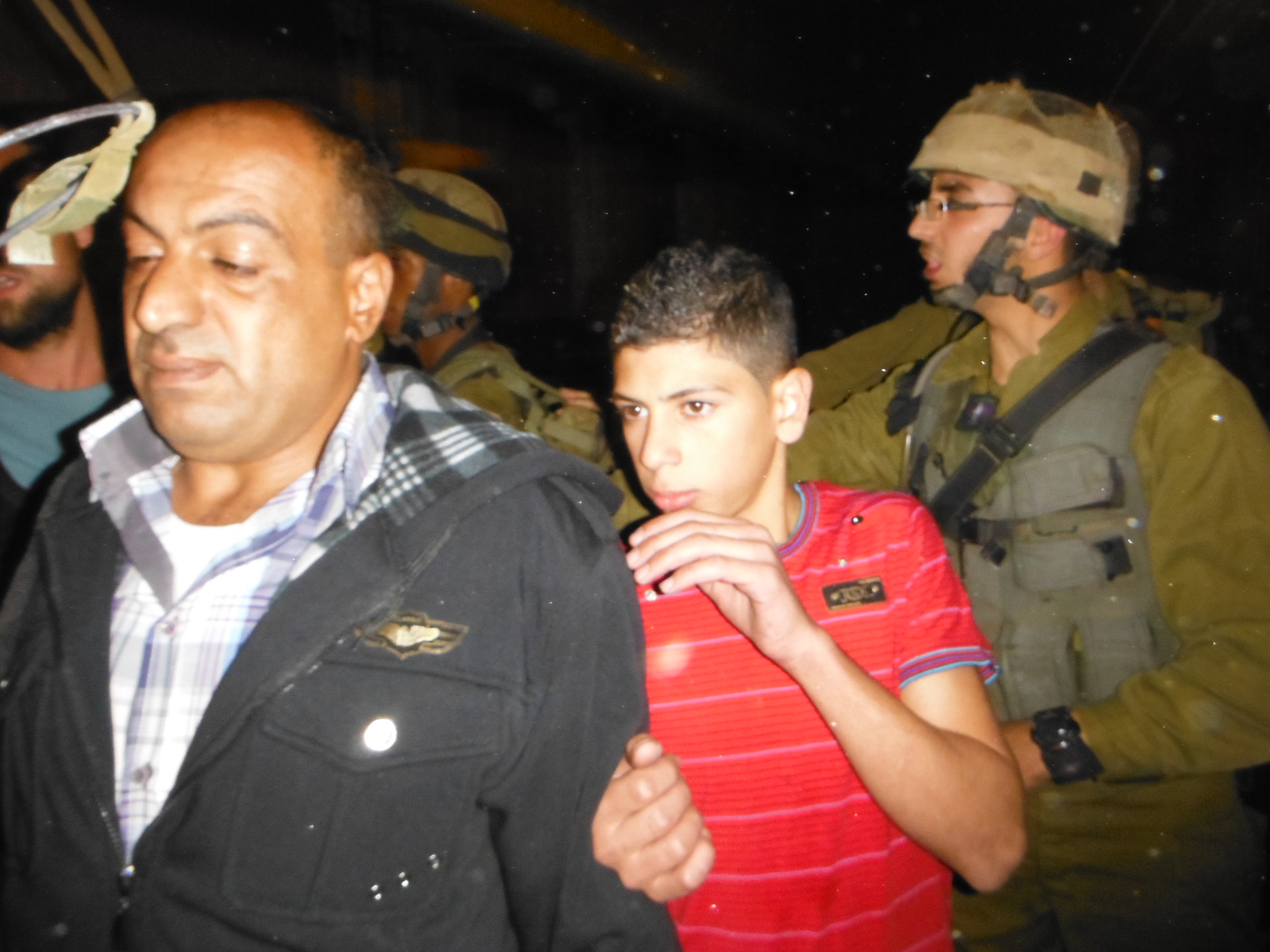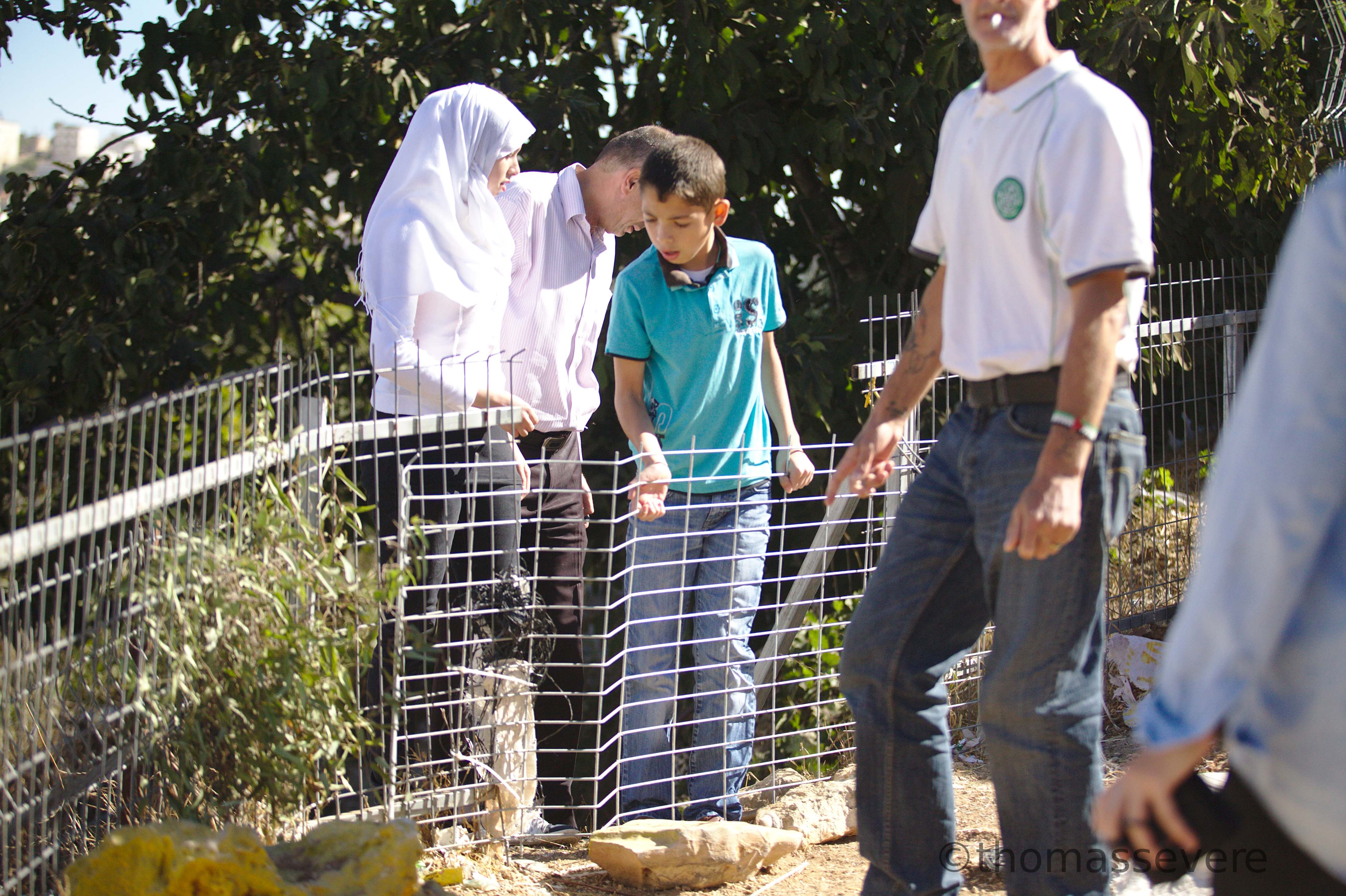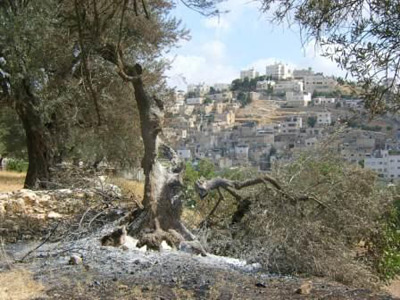Tag: Hebron
-
Updated: Family home ransacked and young teenager detained during Eid
16th October 2013 | International Solidarity Movement, Khalil Team | Hebron, Occupied Palestine Yesterday, 15th October, a young teenager visiting his family was detained from inside a Palestinian home after it was forcibly entered and searched by armed Israeli soldiers on the evening of Eid. A Palestinian family’s home was entered on the evening of…
-
Updated: Continued settler harassment and international arrested in Hebron
13th October 2013 | International Solidarity Movement, Khalil Team | Hebron, Occupied Palestine One international was arrested after settlers fenced off the Asseh family home for a second day in a row in Hebron’s Tel Rumeida area. Yesterday, early Saturday morning, settlers tied a fence across the exit of the Asseh family home with a…
-
Illegal settlers prevent family from leaving their home and attack internationals whilst Israeli soldiers watch
Yesterday, 11th October at 7 pm, a group of settlers of the illegal settlement of Tel Rumeida surrounded the entrance of the Azzeh family property and built a wire fence to block the exit. Young settlers fixed the fence in place using plastic cable ties. Hashem Azzeh and his family were about to leave the house…



